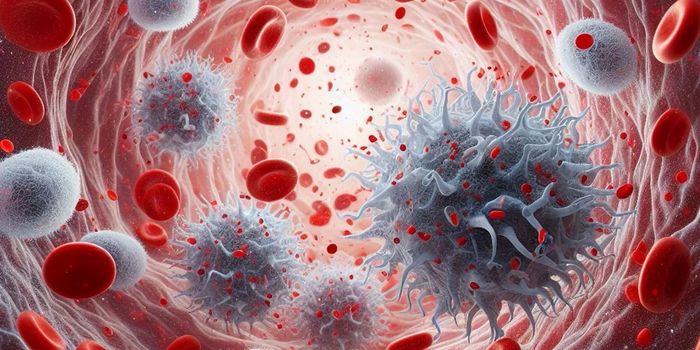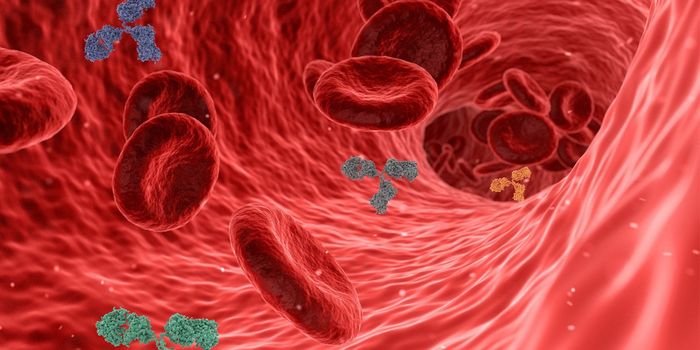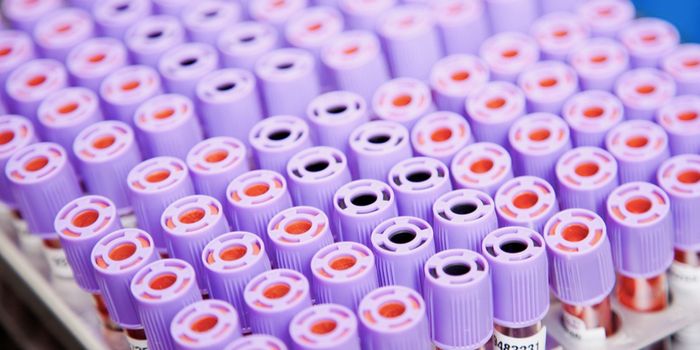Our Shot To Cure Cancer
Cancer took an estimated 600,000 lives in the United States alone in 2016–costing Americans and their families roughly $88.7 billion in cancer care. In January of 2016, The Cancer Moonshot Initiative was started in an effort to cure cancer by 2020. Globally, cancer has been considered something that can be managed, but is rarely cured. The advances that have been made since The Cancer Moonshot’s inception prove that we are closer to a cure than ever before.
One of the most profound issues this initiative has set out to overcome is the lack of availability of information and data surrounding cancer treatment and clinical trials. Cancer is a mystery; no two cancers are alike, which makes it almost impossible to choose the best treatment path for each patient. That being said, information and data surrounding trials and treatments is paramount in researching and uncovering potential cures. Making this information accessible to health care professionals allows them to make more educated decisions about patients’ treatment paths, as well as research alternative treatments on a case-by-case basis.
The knowledge sharing fostered throughout The Cancer Moonshot has lead to several milestones, one of the most significant being in immunotherapy. Immunotherapy is a form of cancer treatment that uses a patient’s immune system and natural defenses to fight the disease. By manipulating the immune system, doctors are able to target additional proteins that help cancer cells grow. The antibodies bind to the targeted cancer cell proteins and can then either stop the cancer cells from growing or will kill them.
Since the initiative took off, clinical trial drugs are being approved in higher volume and at a much more rapid rate than ever before. This allows for an expedited process of drug inception to actual use in clinical trials. One community that is benefiting from The Cancer Moonshot is the rare disease community. More specifically, victims of the rare cancer mesothelioma. A newer immunotherapy drug for mesothelioma patients known as pembrolizumab, brand name Keytruda, has been introduced thanks to this initiative and is already showing promise as a successful treatment option.
Whether a cure to cancer is found by 2020 or not, the ancillary benefits of this initiative will be lasting. Ultimately, winning the world’s war against cancer is The Cancer Moonshot’s goal, but for the families of those affected, every victory means more time with the people they love-- which is a win in and of itself.









